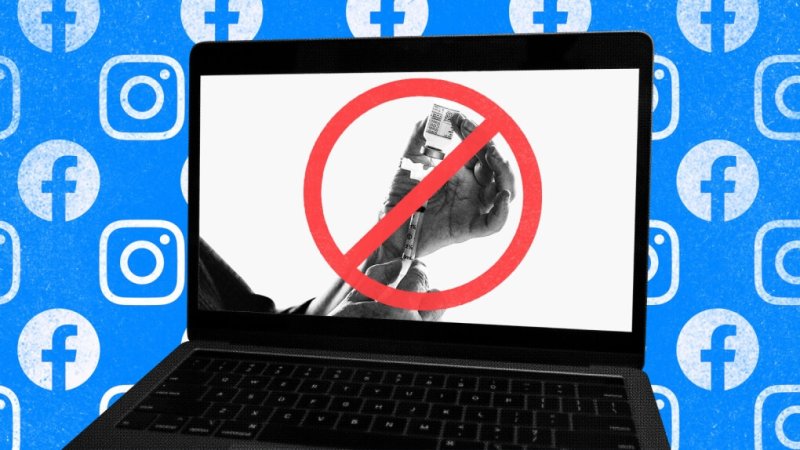Vaccines are one of the most consequential, safe, efficient and effective medical discoveries in history. Few other inventions have saved so many lives. And yet today, amidst the Coronavirus pandemic, vaccination finds itself undermined as never before.
It is another of mankind’s inventions – social media – that has subverted public confidence in vaccines, by empowering ideologues, hucksters and the perhaps well-meaning but misinformed – people trying to make sense of the severity and complexity of the scientific issues being discussed – to identify and communicate with potential converts at zero cost.
Conspiracy theories proliferate where there is deep epistemic anxiety, that is, when people feel uncertain about what is true or false. Covid-19 is new and unfamiliar. The scale of its impact is immense and yet when it comes to our best hope for vanquishing the disease, many have little understanding of how vaccines actually work or of the role they have played historically in eliminating diseases that once crippled and killed.
Our health authorities have, understandably, focused on acute management of the Coronavirus threat and its spread. Out of sheer necessity, as they try to comprehend the disease, the message has been ‘trust our best guess’.
This has given anti-vaxxers an opportunity to exploit subtle shifts in recommendations as scientific knowledge grows and position themselves in opposition to an aloof, fallible medical establishment in the same way that political ‘populists’ define themselves in part by contrasting their authenticity to a real or imagined political ‘establishment’s’ failures.
Big Tech may sell itself on its granular knowledge of users, but it took a series of measles outbreaks in the developed world in 2019 for them to even acknowledge or begin to address the role their services played in creating what has been called a “Golden Age” for the anti-vaxx movement. Even then, tech giants responded by doing the absolute minimum. Facebook announced it would downrank or hide anti-vaxx content, while Twitter and YouTube would label it. No platform announced its intention to remove anti-vaxx content despite accepting the scientific consensus that vaccines are safe.
Now these feeble measures are being tested by a pandemic that will only be overcome by the most ambitious vaccination programme in human history. The decision to continue hosting known misinformation content and actors left online anti-vaxxers ready to pounce on the opportunity presented by Coronavirus. As a result, they have gained almost eight million followers since 2019 and continue to grow. Our research shows anti-vaxxers now enjoy a following of 58 million, based primarily in the US with significant numbers in the UK, Canada and Australia too. This is enough to compromise a future vaccine’s ability to contain the disease.
This sophisticated ecosystem has grown by exploiting weaknesses in each social media company’s policies on anti-vaxx and health misinformation. Each platform plays a role in feeding and growing the whole. Full-time anti-vaxx campaigners doubled their reach by broadcasting their message on YouTube channels that peddle conspiracy theories and false cures. In turn, these campaigners lend their brand and audience of activists to a thriving industry of anti-vaxx entrepreneurs using Facebook as a shopfront. Both groups have benefited from the reach of professional conspiracists on YouTube and from a network of Facebook Groups that turns vaccine sceptics into true believers using psychological hacks like the dopamine hit for ‘likes’ and the fear of abuse for nonconformity.
This failure was not an accident but was the result of deliberate decisions. Social platforms chose not to alienate an antivaxx user base that we estimate is worth up to $1 billion a year to them. Some platforms have even broken their own promises by still profiting directly from anti-vaxx content: we found Facebook accepting paid anti-vaxx adverts and YouTube displaying adverts on anti-vaxx videos. The price for the social media companies’ gain is paid by tax-funded health systems, to which Big Tech, of course, notoriously makes little contribution.
It is time for change. Social media companies can start by enforcing their own policies on Covid-related and health misinformation. Fundamentally, someone can’t believe propaganda they’ve never been exposed to. Given the findings in this report and the lavish profits social media companies have made tolerating this activity, anything less would be gross negligence. They can also contribute to the global effort to contain Coronavirus by paying back the billions in profits they have made from the anti-vaxx movement to our healthcare systems; if they don’t, this report gives legislators the moral and factual arguments to create a levy to do so. In the meantime, other businesses can play their part too, by listening to campaigns like the Center for Countering Digital Hate’s Stop Funding Fake News and Stop Hate for Profit, and make sure that Big Tech pays an economic cost for spreading misinformation.
This report also makes it clear that platforms have acted negligently. They have failed in their duty of care; a statutory duty of care model such as that underpinning the UK Online Harms Bill could mean that in future executives face criminal charges if serious harm resulted. Lies cost lives. Just as people around the world have hunkered down and taken steps to protect our communities, it’s beyond time for the social media companies to finally do their bit.































